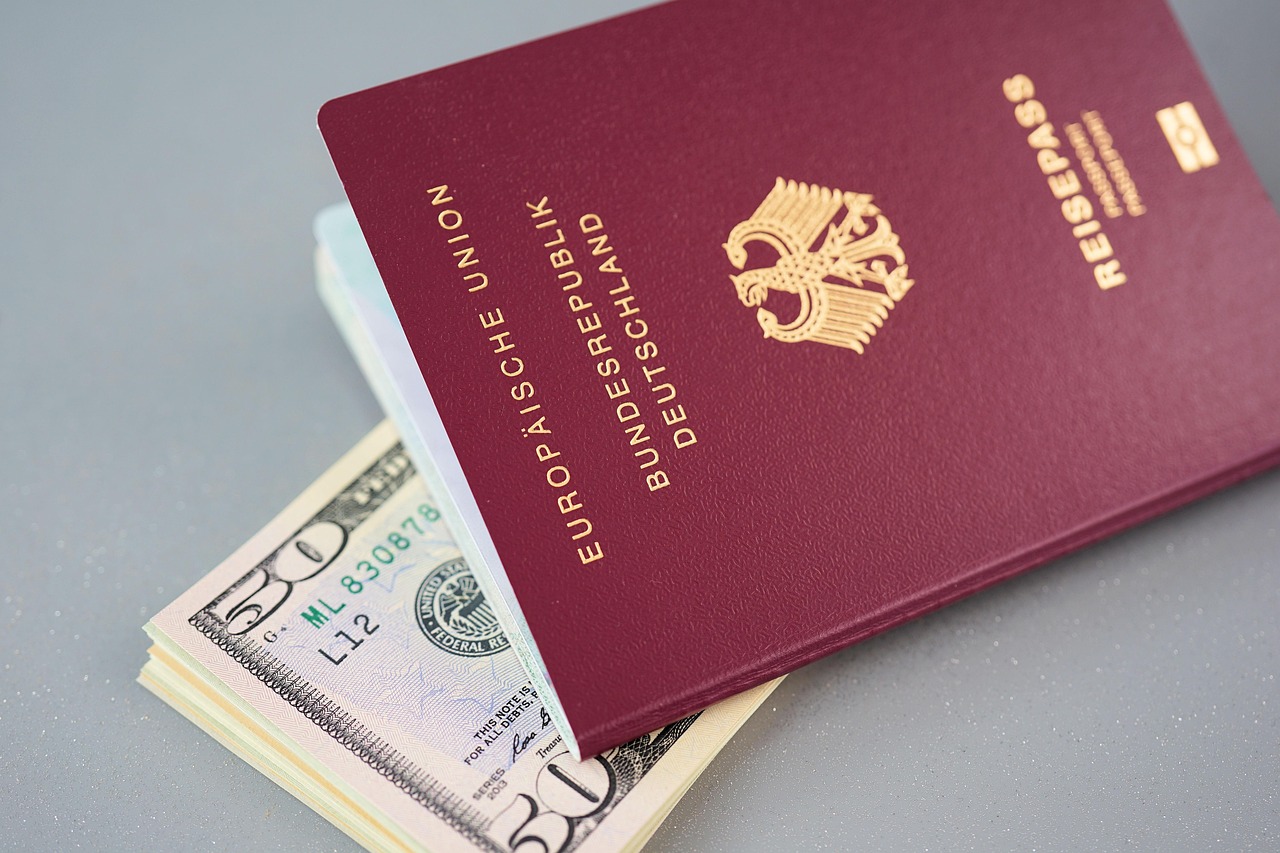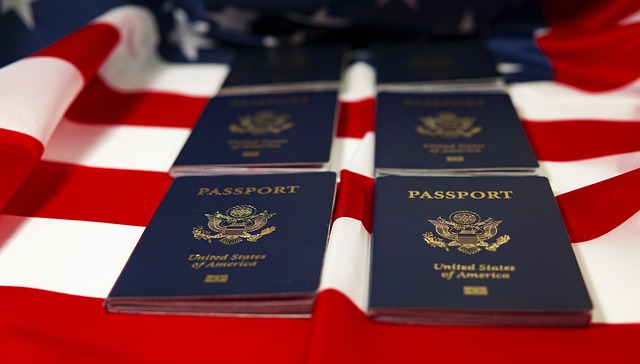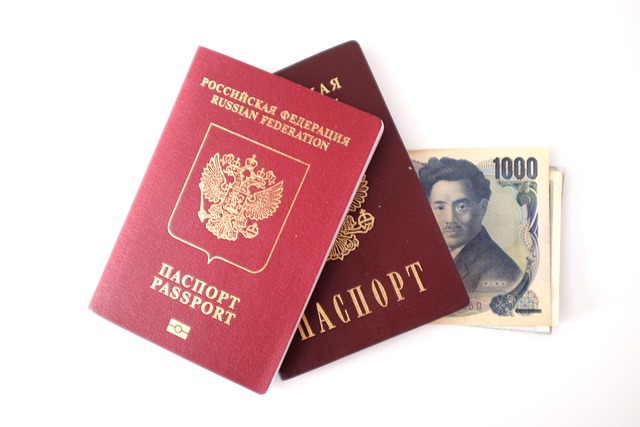British Citizenship for EU and Non-EU Citizens: A Comprehensive Guide

Acquiring British citizenship is a significant milestone that offers numerous benefits, including the right to live, work, and vote in the UK, as well as access to public services and the ability to apply for a British passport. Whether you are an EU citizen or a non-EU citizen, the path to British citizenship involves specific requirements and procedures. This guide provides a detailed overview of the eligibility criteria, application process, and key considerations for obtaining British citizenship.
1. Benefits of British Citizenship
Before diving into the process, it’s important to understand the advantages of becoming a British citizen:
- Right to Live and Work: Unrestricted access to the UK job market and the ability to live in the UK indefinitely.
- Political Participation: The right to vote and run for public office in the UK.
- Passport Privileges: A British passport is one of the most powerful in the world, offering visa-free or visa-on-arrival access to many countries.
- Public Services: Access to the National Health Service (NHS) and other public services.
- Dual Citizenship: The UK allows dual citizenship, so you can retain your original nationality.
2. Eligibility Criteria for British Citizenship
The eligibility criteria for British citizenship vary depending on your current status (EU or non-EU citizen). Below are the general requirements:
a. Residency Requirement
- Non-EU Citizens: Typically, you must have legally resided in the UK for at least 5 years (with Indefinite Leave to Remain (ILR) or settled status) before applying for citizenship.
- EU Citizens: EU citizens who have been living in the UK before December 31, 2020, can apply for settled status under the EU Settlement Scheme. After holding settled status for 12 months, they can apply for citizenship.
b. Good Character Requirement
- You must demonstrate good character, which includes having a clean criminal record and adhering to UK laws.
c. Language Proficiency
- You must prove sufficient knowledge of the English language, typically by passing an approved English test (e.g., IELTS) or holding a degree taught in English.
d. Life in the UK Test
- You must pass the Life in the UK Test, which assesses your knowledge of British history, culture, and values.
e. Financial Stability
- You must demonstrate that you can support yourself and your dependents without relying on public funds.
f. Intention to Reside
- You must intend to make the UK your permanent home.
3. Special Cases and Exceptions
Certain individuals may qualify for British citizenship under special circumstances:
a. Citizenship by Birth
- Jus Soli (Right of Soil): Children born in the UK to at least one parent who is a British citizen or settled in the UK automatically acquire British citizenship.
- Jus Sanguinis (Right of Blood): Children born to British parents, regardless of their place of birth, are automatically British citizens.
b. Citizenship by Descent
- If you have British ancestors, you may be eligible for citizenship by descent. This requires proving a direct lineage and that your ancestors did not lose their British citizenship before your birth.
c. Naturalization for Spouses
- Spouses of British citizens may apply for citizenship after 3 years of marriage and 3 years of residency in the UK, provided they meet the other eligibility criteria.
d. Dual Citizenship
- The UK allows dual citizenship, so you can retain your original nationality while becoming a British citizen.
4. Application Process for British Citizenship
The process of applying for British citizenship involves several steps:
a. Gather Required Documents
- Proof of Identity: Valid passport or national ID card.
- Proof of Residency: Residence permit and proof of settled status (e.g., ILR or EU settled status).
- Proof of Financial Stability: Employment contract, bank statements, or tax returns.
- Language Certificate: Proof of English language proficiency (e.g., IELTS certificate).
- Life in the UK Test Certificate: Proof of passing the Life in the UK Test.
- Criminal Record Check: A clean criminal record from your home country and the UK.
b. Submit the Application
- Submit your application online through the UK government website. You may also need to attend a biometric appointment to provide fingerprints and a photo.
c. Pay the Fee
- The citizenship application fee is typically £1,330 for adults and £1,012 for children.
d. Attend an Interview
- You may be required to attend an interview to discuss your application and integration into British society.
e. Wait for Approval
- Processing times vary but can take several months. Once approved, you will receive a naturalization certificate.
f. Attend a Citizenship Ceremony
- If your application is approved, you must attend a citizenship ceremony within 3 months. During the ceremony, you will take an oath of allegiance and receive your certificate of British citizenship.
5. Key Considerations
- Timing: Start preparing your application well in advance, as gathering documents and meeting requirements can take time.
- Legal Advice: Consider consulting an immigration lawyer or advisor to ensure your application is complete and accurate.
- Integration: Demonstrating active integration into British society (e.g., volunteering, community involvement) can strengthen your application.
6. Post-Citizenship Steps
After obtaining British citizenship, you should:
- Apply for a British Passport: Apply for a British passport to enjoy the benefits of citizenship, including visa-free travel.
- Register Your Citizenship: Inform your local registration office of your new status.
- Update Your Documents: Update your identification documents, such as your driver’s license and bank accounts.



